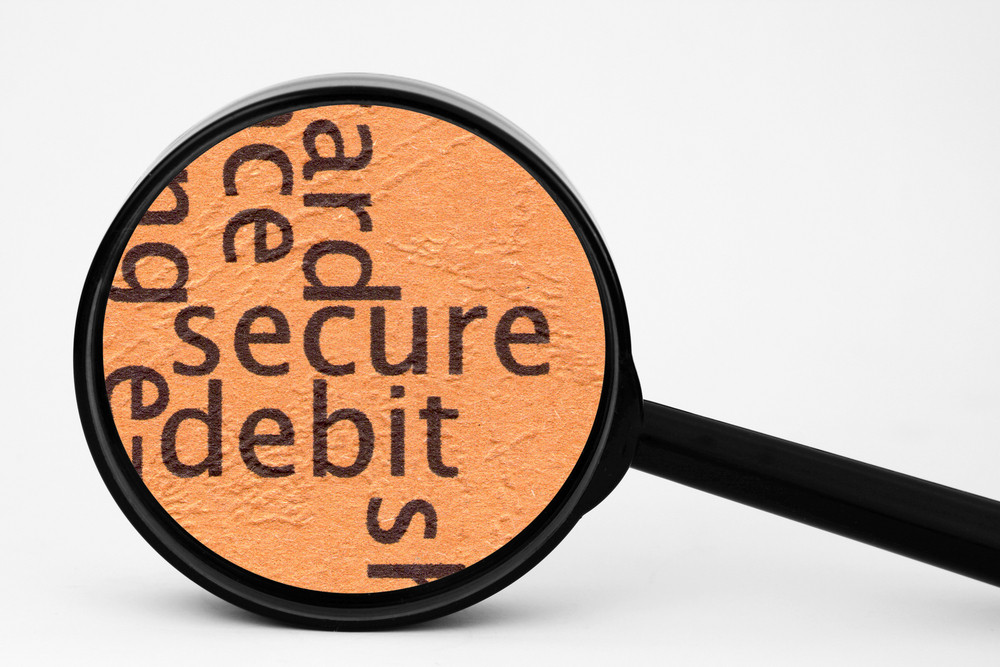Choosing a corporate investigator is a critical decision for any business facing internal issues or external challenges that require professional scrutiny. Whether dealing with allegations of fraud, conducting background checks, or needing competitive intelligence, the skills and expertise of a corporate investigator can significantly impact the outcome. This detailed guide will walk you through the essential factors to consider when selecting a corporate investigator, ensuring that you make an informed decision that aligns with your business objectives and legal requirements.
1. Understand Your Needs
Before embarking on the selection process, it’s crucial to have a clear understanding of why you need a corporate investigator. The nature of your concern—be it financial irregularities, employee misconduct, intellectual property theft, or compliance issues—will dictate the specific expertise and experience required. Identifying your objectives not only helps in finding an investigator with the relevant skill set but also ensures that the investigation is conducted efficiently and effectively.
2. Experience and Expertise
The experience of a corporate investigator in handling cases similar to yours is paramount. An investigator with a proven track record in your industry or with your specific issue will likely yield better results. This is because they understand the nuances and complexities of the sector, including the legal landscape, regulatory compliance, and common practices. Additionally, evaluate their expertise in specific investigation techniques, such as digital forensics, surveillance, or financial analysis, which might be necessary for your case.
3. Licenses and Credentials
Ensure that any corporate investigator you consider is properly licensed to operate in your jurisdiction. Licensing requirements vary by location but typically involve background checks, education, and training standards, and adherence to a professional code of ethics. Beyond licensing, look for certifications or memberships in reputable industry organizations. These can indicate a commitment to ongoing education, ethical standards, and a professional network, which can be invaluable in complex investigations.
4. Technological Proficiency
In today’s digital age, a corporate investigator’s ability to navigate and leverage technology is crucial. This includes expertise in digital forensics, online research, and the use of specialized software for data analysis and recovery. The capacity to handle electronically stored information (ESI) correctly is essential, particularly in cases involving cybercrime or the retrieval of digital evidence.
5. Confidentiality and Professionalism
Confidentiality is non-negotiable. The corporate investigator must demonstrate a strong commitment to maintaining the privacy and security of your information throughout the investigation process. Professionalism is equally important; the investigator should communicate clearly, set realistic expectations, and provide regular updates on the progress of the investigation. A professional demeanor and the ability to interact appropriately with people at all levels of your organization are also critical.
6. Legal and Ethical Considerations
An investigation must always adhere to legal and ethical standards to protect your business from potential liabilities. A reputable corporate investigator is well-versed in the laws and regulations that govern their activities, including those related to privacy, surveillance, and employment. They should be able to conduct a thorough investigation without overstepping legal boundaries, ensuring that any evidence gathered is admissible in court if necessary.
7. Cost Structure
Understanding the cost structure and billing practices of an investigator is essential for budgeting and avoiding surprises. Some investigators charge by the hour, while others may offer a flat rate for specific services. Ensure that the investigator provides a detailed estimate of the costs involved, including any potential additional expenses, such as travel or specialized equipment. Transparency in billing practices is a good indicator of overall professionalism and integrity.
8. References and Reviews
Finally, do not underestimate the importance of checking references and reviews. Speaking with former clients can provide insights into the investigator’s working style, effectiveness, and ability to deliver results. Online reviews, while needing to be taken with caution, can also offer additional perspectives. A reputable corporate investigator will have a track record of satisfied clients and successful outcomes.
Selecting the right business investigator requires careful consideration of your specific needs, the investigator’s experience and expertise, and their commitment to legal and ethical standards. By taking the time to evaluate potential investigators against these criteria, you can ensure that your investigation is conducted professionally, efficiently, and with the utmost confidentiality. The right investigator can provide invaluable insights and evidence, helping your business navigate complex issues and make informed decisions.





